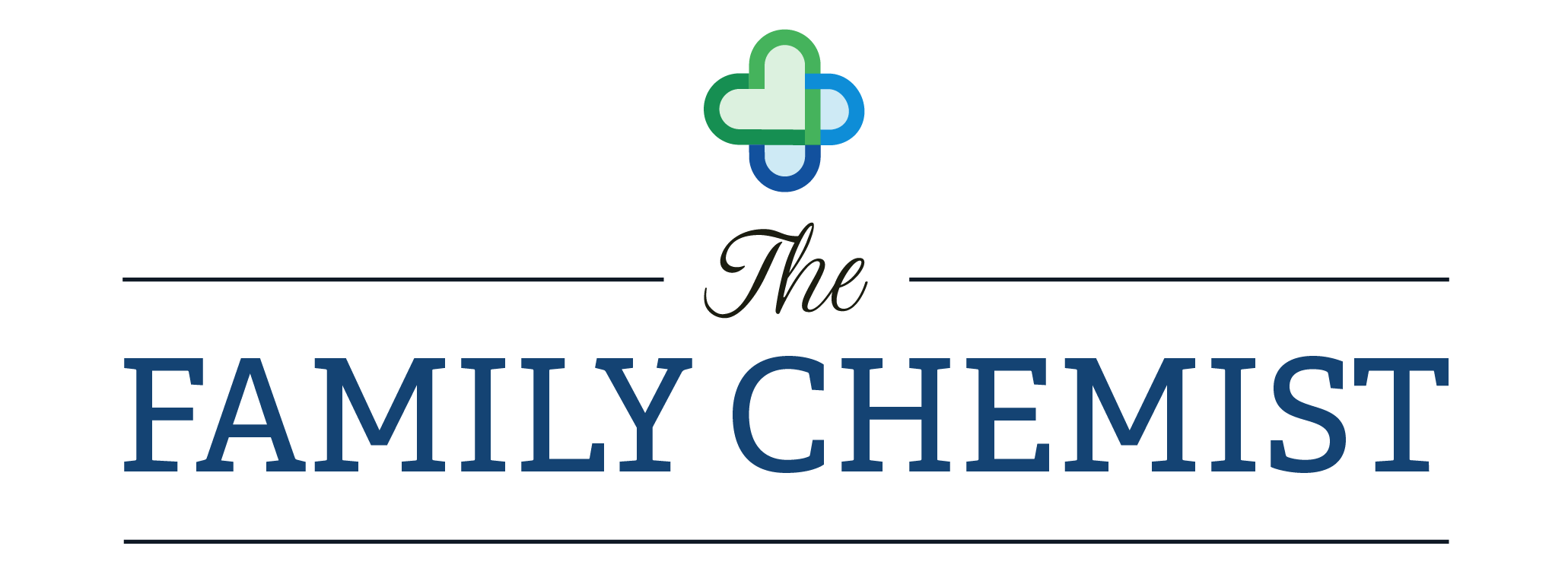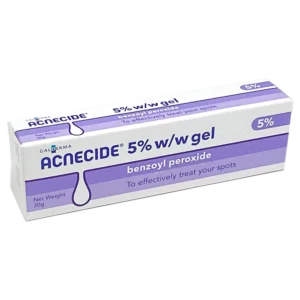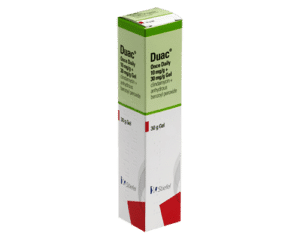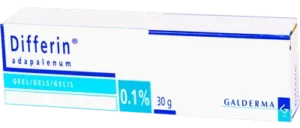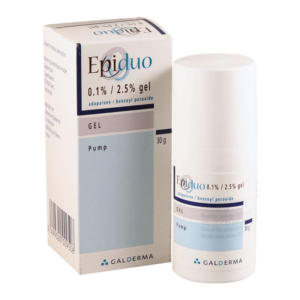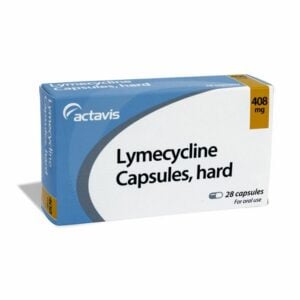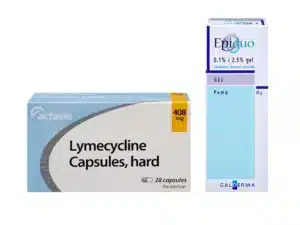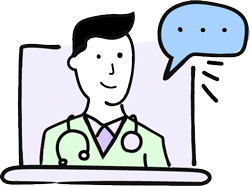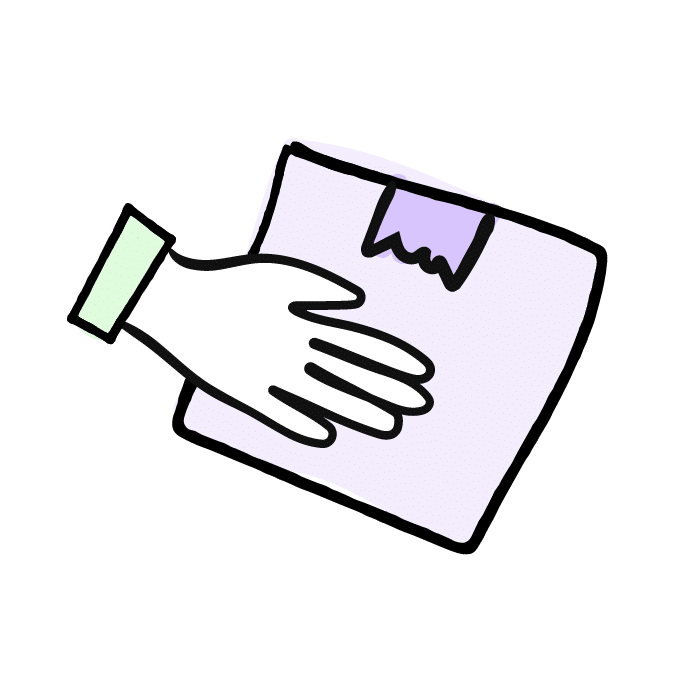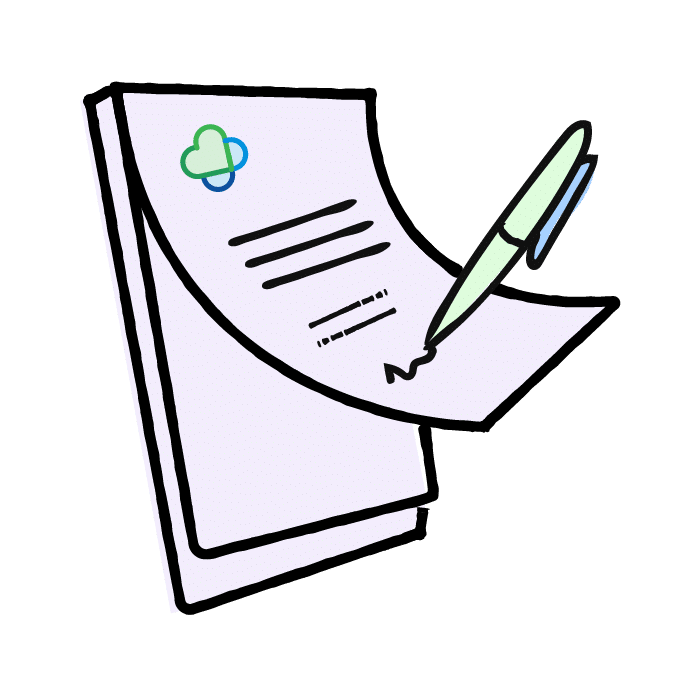Acne treatment depends on how severe it is. Positive effects can take 6-8 weeks to become noticeable. For mild to moderate acne you will usually be started on a combination of topical treatments, or antibiotic tablets combined with topical treatments. Prescription medicines include:
Topical retinoids: Indicated for mild to moderate acne. Examples include differin (adapalene) and isotrex. These are medications derived from vitamin A formulated as a cream, lotion, foam, emulsion or gel. They work by exfoliating the skin by removing dead skin cells which helps prevent them building up within hair follicles. Retinoids also help reduce inflammation, pain and irritation by preventing build up of skin cells and inflammatory responses.
Benzoyl Peroxide: These work as antiseptics to reduce the number of bacteria on the skin. It is also anti-inflammatory and reduces spots by removing dead skin cells. They come in gels and creams. Examples include Acnecide. They are readily available over the count and from The Family Chemist.
Topical antibiotics: These helps kill the bacteria that can infect blocked hair follicles. They are available as a lotion or gel. A 6-8 week course is usually recommended. Any longer and the bacteria may become resistant which could make the acne worse and cause additional infections. Examples include: Dalacin T or Zineryt.
Azelaic Acid: These are used as an alternative to benozyl peroxide or topical retinoids if not tolerated. Azelaic acid works by getting rid of dead skin and killing bacetria. Examples include Skinoren.
Combination products: Zineryt: contains a antibiotic (erythromycin) and a healing agent (Zinc) which helps repair damage to the skin from acne.
Epiduo: Benzoyl peroxide and adapalene (topical retinoid). Epiduo helps to kill bacteria and exfloite the skin by removing dead skin cells, dirt and oil.
Duac Gel: Clindamycin and Benzoyl peroxide
Tretin Gel: Tretinoin (topical retinoid) and Clindamycin (antibiotic)
Antibiotic tablets: Antibiotic tablets are used in combination with a topical treatment to treat more severe acne. Tetracyclines (a class of antibiotics) are the preferred choice of treatment. Example includes lymecycline tablets. One capsule is taken per day and studies suggest lymecycline can reduce acne severity by over 4 in 10 people.
Combined oral contraceptives for women: If you suffer from flares during the time of your period COC may be beneficial. Some combined oral contraceptives are anti androgens which help reduce sebum productions. Low sebum production reduces risk of blocked pores and therefore lower incidence of acne.
Other specialist treatments include oral isotretinoins, photodynamic therapy, drainage or extractions and peels. These are only available from dermatologists or your skin specialists.
